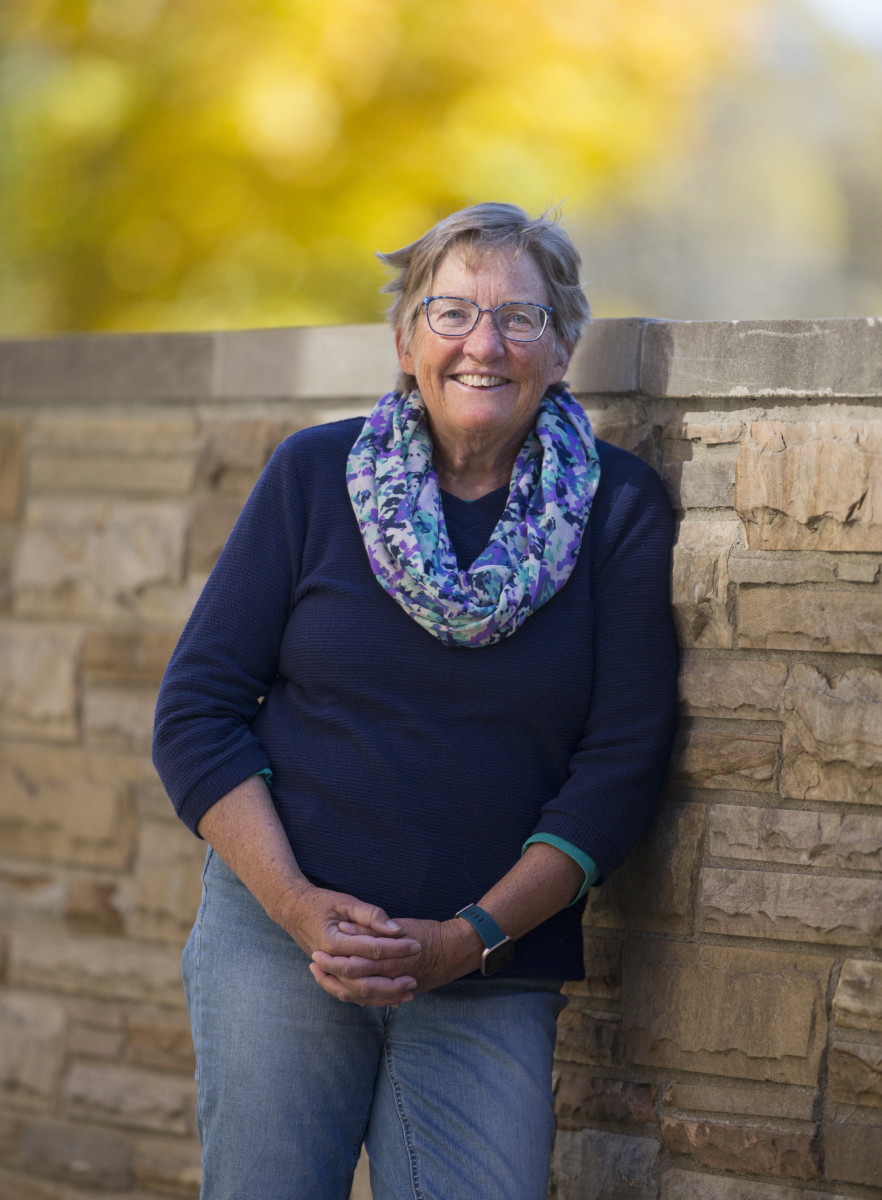God created humankind in God’s image … male and female God created them. Genesis 1:27
by Lynn Japinga
It seems so obvious.
If all human beings are created in God’s image, then shouldn’t all human beings be treated with respect? Shouldn’t the desire for life, liberty and the pursuit of happiness be acknowledged in all people?
Shouldn’t people of all colors, genders, ethnicities, religions, classes, orientations, identities, and nationalities be treated as human beings, created in God’s image and loved by God?
It seems obvious. But there is the litany of mistreatment. Native Americans, slaves, Africans, immigrants, Jews, Palestinians, poor people, women, Muslims, Hispanics, Asians, etc. etc. etc. In almost all of these situations, people who are different from the majority group are feared, and they are stigmatized and/or punished. Then, to find a rationale for punishment, they are dehumanized with language like this.
- Slaves are more like animals. They don’t deserve to be treated humanely.
- Jews are crooks who ruined the German economy. They don’t deserve to run businesses or serve in the professions.
- Native Americans are sub-humans. Their culture is different. They can be moved to reservations.
- Immigrants are inferior. They have brown skin or a different religion or they come from a poor country. They do not need to be treated with human dignity, especially if their parents were desperate enough to arrive without the proper paperwork.
- Women are not in God’s image as men are. They do not need the vote, or equal wages, or the right to own property.
This old story of dehumanization has occurred countless times in human history. You would think we would have learned by now. You would think the Christian tradition would be in the forefront of the work for human rights.
Instead, human rights for all have not generally been a priority. How is it that the goal of human dignity is dismissed as selfish or secular? How is it that Christians have tolerated segregated housing laws which kept African-Americans in ghettos with inferior schools and services? How is it that Christians looked the other way when Hitler began dehumanizing Jews with a gradual process which ended in the gas chambers?
In the end, do we not really believe that all people are created in God’s image? That all people deserve the same choices and opportunities in housing and education and work?
 The small French town of Le Chambon has become famous for its work in protecting Jews during World War II. When pressed to prepare a list of Jews for the Vichy government, a city official responded: “There are a certain number of Jews among us. We can’t tell the difference between Jews and non-Jews. If our friends, whose sole fault is to adhere to a different religion, receive deportation orders, we will encourage them to disobey those orders, and we will do our best to hide them.”
The small French town of Le Chambon has become famous for its work in protecting Jews during World War II. When pressed to prepare a list of Jews for the Vichy government, a city official responded: “There are a certain number of Jews among us. We can’t tell the difference between Jews and non-Jews. If our friends, whose sole fault is to adhere to a different religion, receive deportation orders, we will encourage them to disobey those orders, and we will do our best to hide them.”

In another conversation, a Vichy official told the French Reformed pastor, “The foreign Jews living in the Haute-Loire aren’t your brothers. They’re not part of your church, and they’re not part of your country. In a few days we’ll have a list of every Jew in Le Chambon.” Pastor Andre Trocme responded, “Even we don’t know if someone is a Jew. We just know they are people.”
It seems so obvious, but it is not. Perhaps people of the Reformed tradition can follow in the footsteps of their French Reformed relatives, and say loudly and clearly: Regardless of national origin or wealth or color or religion or identity, people are people, and deserve to be treated with dignity.
Lynn Japinga teaches religion at Hope College in Holland, Michigan. Quotes in this essay are taken from A Good Place to Hide, by Peter Grose. For a vivid and powerful account of systemic racism in America, see The Warmth of Other Suns: The Epic Story of America’s Great Migration, by Isabel Wilkerson.

